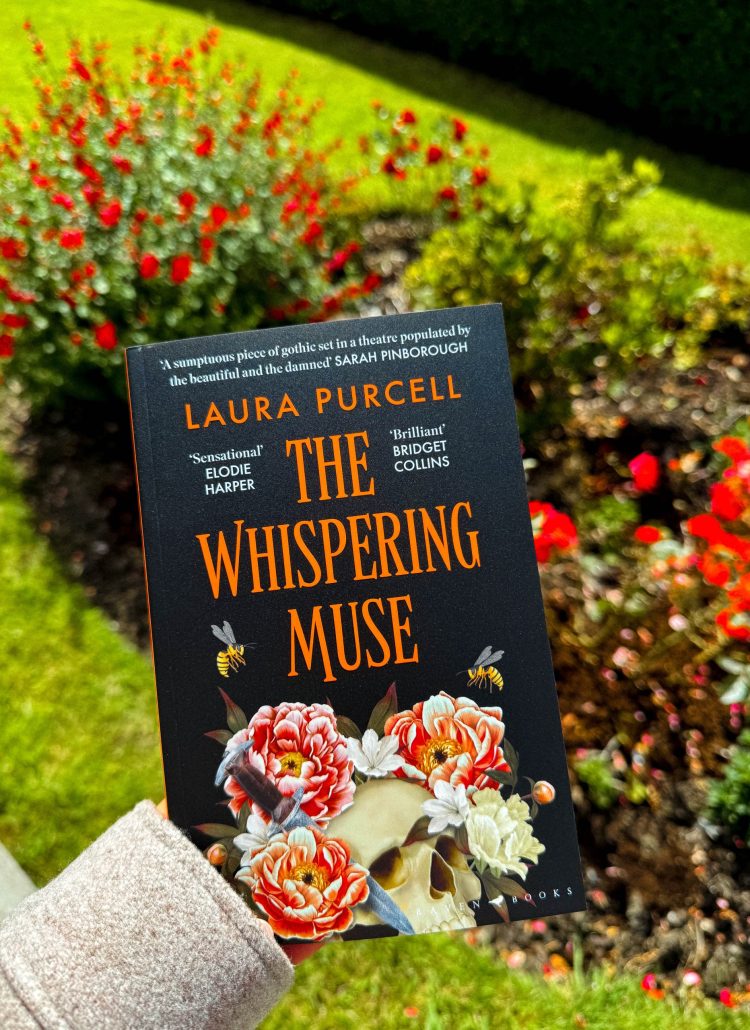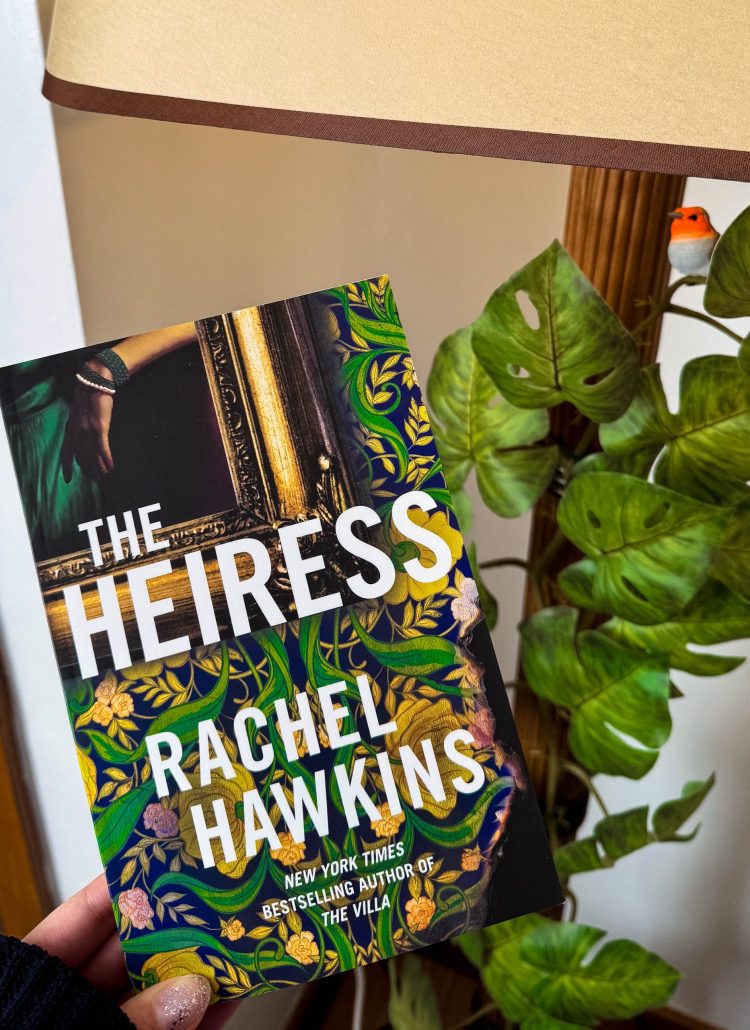Thomas, a beleaguered playwright/director, is desperate to find an actress to play Vanda, the female lead in his adaptation of the classic sadomasochistic tale Venus in Fur.
Into his empty audition room walks a vulgar and equally desperate actress – oddly enough named Vanda. Though utterly wrong for the sophisticated part, Vanda exhibits a strange command of the material, piquing Thomas’ interest with her seductive talents and secretive manner.
As the two work through the script, they blur the line between play and reality, entering into an increasingly serious game of submission and domination that only one of them can win.
IN OUR SOCIETY, A WOMAN’S ONLY POWER IS THROUGH MEN. HER CHARACTER IS HER LACK OF CHARACTER. SHE’S A BLANK, TO BE FILLED IN BY CREATURES WHO AT HEART DESPISE HER. I WANT TO SEE WHAT WOMAN WILL BE WHEN SHE CEASES TO BE MEN’S SLAVE. WHEN SHE’S HIS EQUAL IN EDUCATION AND HIS PARTNER IN WORK. WHEN SHE BECOMES HERSELF. AN INDIVIDUAL.
Howdy! It has been a bit hot minute. With a whirlwind trauma press tour and end of fiscal year madness with campaigns wrapping up and new ones kicking off, I’ve barely had time to do anything other than focus on work. In an effort to establish a better work-life balance, I’m slowly easing myself back into the world of books and writing because I’ve missed it so much!
I saw Venus in Fur live back in 2017 with Natalie Dormer and David Oakes and I’ve been in love with the play ever since. It’s riveting both on and off-screen and I often find myself revisiting it for a read every couple of months.
Consisting of one extended scene between Vanya and Thomas, Venus in Fur is complex, cerebral and campy all at once. It’s definitely bonkers and a tad ridiculous. It’s packed full of laugh out loud moments with Vanda’s quick wit and some not-so-sutble S&M references. However, at its core, Venus in Fur is a feminist play – and a powerful one at that!
Ives cleverly deals with themes of sexuality, power-play, gender roles and subversity of BDSM with slight elements of the supernatural at the end – no spoilers, but THAT ending is everything. While nothing compares to seeing it live, it’s still as exciting and hits you just as hard on paper.
Vanda is an ICON. She seamlessly switches between prim and proper 1870s virgin and fierce dominatrix. She’s unafraid of challenging Thomas on his sexism and she’s entirely unapologetic, refusing to back down as he lashes out. As the play reaches its half-way mark, you realise that it is Vanda in full control. It’s truly spellbinding!
I really do wish the Oakes-Dormer stage adaptation was available to watch again as their chemistry as Vanda and Thomas is unparalleled and it was a real experience. Yet, even reading it, Venus in Fur still sizzles and ensares you. I’ve yet to read the original German novella by Leopold von Sacher-Masoch, from whom the term ‘masochism’ gets its name and by whom Thomas in inspired, but Ives’ play alone is an empowering piece of drama.
For a play that doesn’t even feature so much as a kiss in it, it’s absolutely red hot. The way Ives tosses the power dyanmic between Vanda/Dunayev and Thomas/Kushemski is *chef’s kiss*. The way we’re forced to examine gender and power in dominating and submissive relationships and question who has the power, who wants it and who will use it to ruin the other is fascinating.
I’m a classic Shakespeare nerd, but Ives’ Venus in Fur remains my faourite play of all time (closely followed by Macbeth, obvs!) and I will probably never shut up about how much I LOVE it. Hail Aphrodite!






Leave a Reply